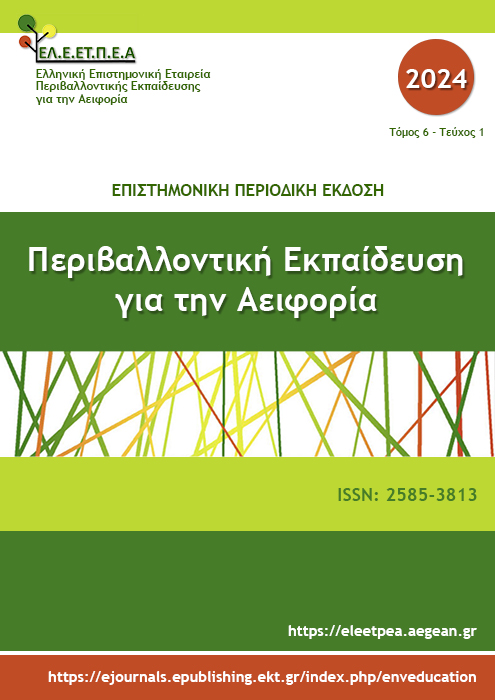The Ecological Self: Integrating Environmental Psychology, Ecopsychology, and Ecotheology in the Anthropocene
Аннотация
This article provides an in-depth exploration of the intersection between environmental psychology, ecopsychology, and ecotheology in addressing contemporary environmental challenges. It examines how these interdisciplinary fields can contribute to fostering sustainable human-nature relationships and environmental stewardship in the context of the Anthropocene. The research analyzes psychological, spiritual, and ethical dimensions of human-nature interactions, emphasizing the need for an integrative approach that incorporates scientific, humanistic, and spiritual perspectives. Key themes include the psychological and health impacts of nature exposure, religious and philosophical views of nature, environmental ethics, risk perception, adaptation to environmental changes, and strategies for promoting pro-environmental behaviors. By synthesizing insights from multiple disciplines, this article aims to provide a comprehensive framework for understanding and nurturing the ecological self in the face of global environmental challenges.
Article Details
- Как цитировать
-
Fountoulakis, G., & Alkhouri, K. I. (2025). The Ecological Self: Integrating Environmental Psychology, Ecopsychology, and Ecotheology in the Anthropocene. Περιβαλλοντική Εκπαίδευση για την Αειφορία, 6(1), 22–35. https://doi.org/10.12681/ees.38255
- Раздел
- Articles

Это произведение доступно по лицензии Creative Commons «Attribution-NonCommercial-ShareAlike» («Атрибуция — Некоммерческое использование — На тех же условиях») 4.0 Всемирная.
Οι συγγραφείς διατηρούν τα πνευματικά δικαιώματα και παρέχουν στο περιοδικό το δικαίωμα της πρώτης δημοσίευσης μαζί με την αδειοδότηση της εργασίας με CC-BY-NC-SA, που επιτρέπει σε άλλους να μοιράζονται αυτή την εργασία με αναγνώριση του συγγραφικού δικαιώματος και την αρχική δημοσίευση σε αυτό το περιοδικό.


